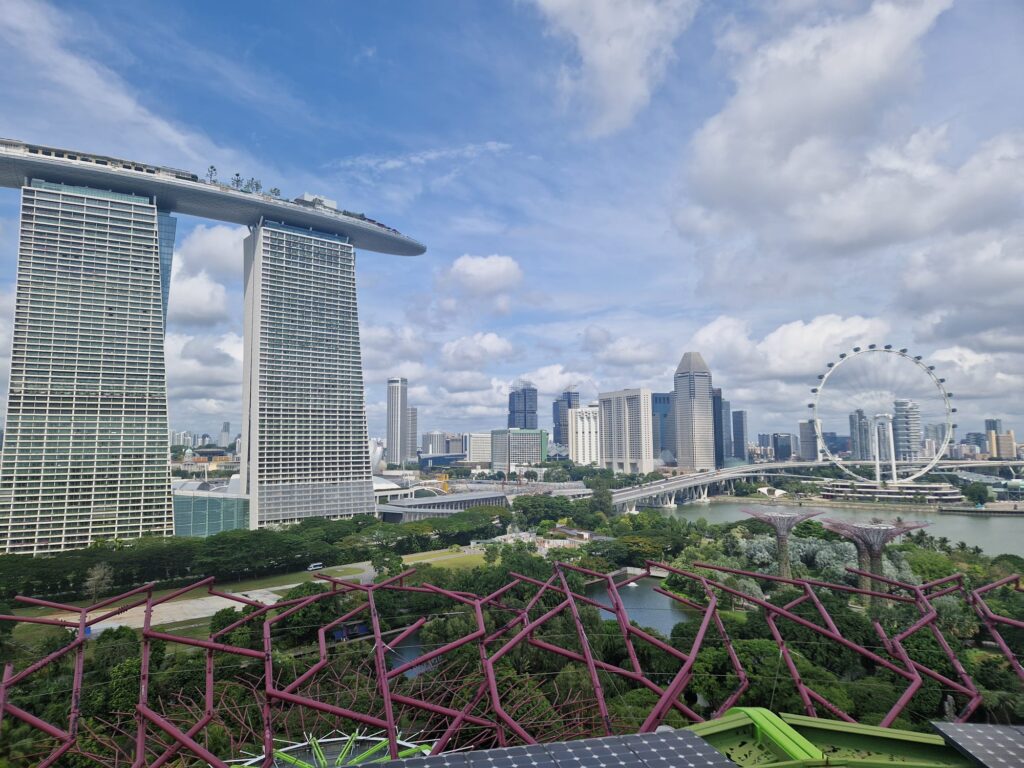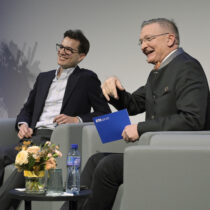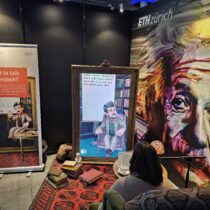GYSS 2025: A Journey of Discovery, Connection, and Friendship
January 23, 2025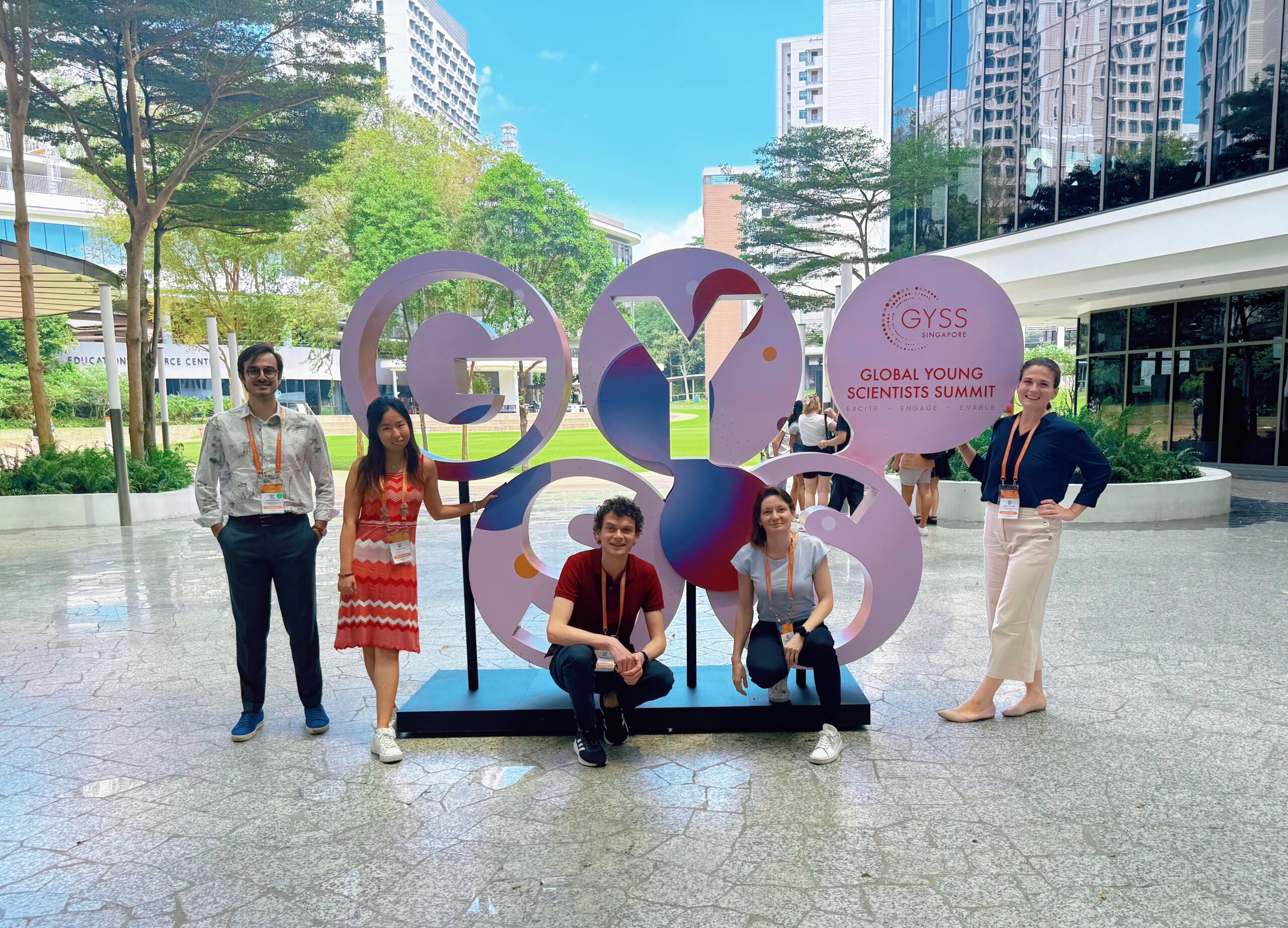
Xueting Shen
Attending the GYSS 2025 has been an incredible experience and a true highlight of my journey at ETH Zurich. Meeting Nobel Prize winners, Fields Medalists, and Turing Award recipients in person was truly inspiring. Each conversation with them left me deeply motivated by the passion they share for their research fields. What surprised me was how many Nobel Laureates have shifted their focus away from the work that earned them the Prize. Instead, they have embraced new challenges and are actively engaging with pressing global issues.

Among the many enriching sessions, I was particularly captivated by Steven Chu‘s talk. His multidisciplinary expertise in physics, chemistry, and environmental science has enabled him to tackle diverse scientific challenges. Beyond his research achievements, I was also deeply impressed by his involvement in policy and decision-making in environmental sustainability, demonstrating how scientists can effectively communicate with broader audiences to drive impactful change.
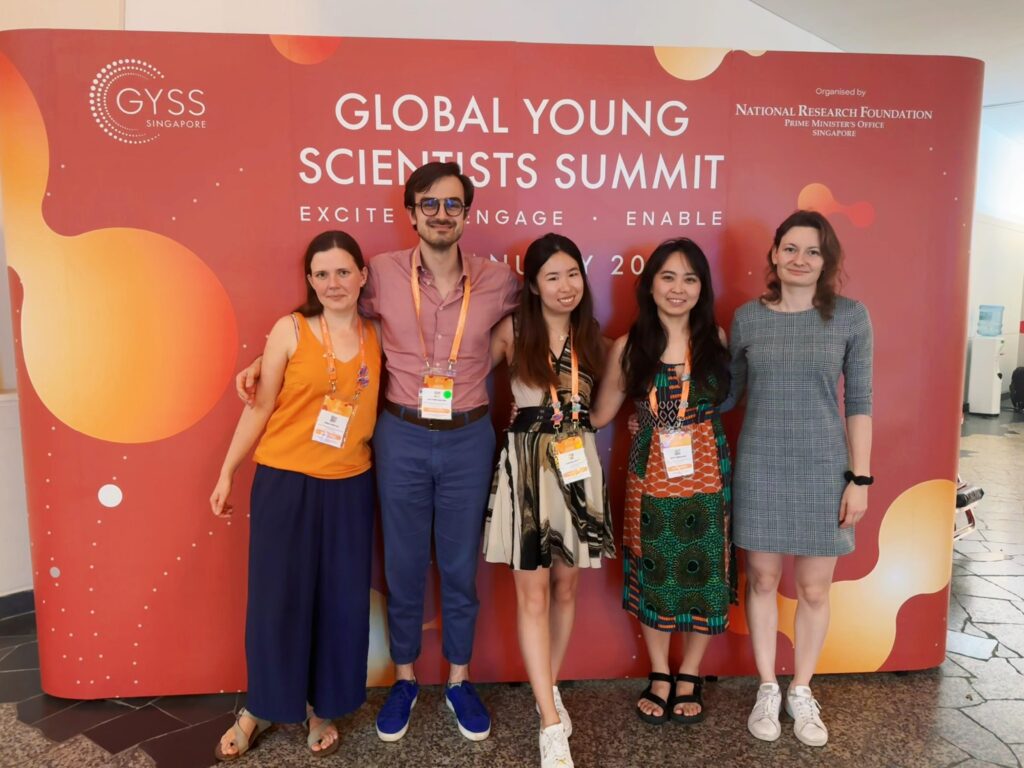
For me, the most meaningful part of any event is the people I meet along the way. What I cherished most at the summit were the connections and interactions with fellow young scientists from around the world. Through this event, I’ve made amazing friends, and these relationships are the most valuable takeaway from this unforgettable experience.

Matthew Maitra
The Global Young Scientists Summit (GYSS) 2025 was a rare chance to hear from leading scientists and connect with peers from different fields. Its focus on interdisciplinarity highlighted both its potential and its limits.
A panel on interdisciplinarity stood out, with Wendelin Werner pushing back against the usual praise. He argued it should be treated as a tool, not a goal: valuable in the right context but not always the best approach. His critique stirred thoughtful debate.
Luck in science was another recurring theme. Nobel laureates Tim Hunt, Richard Roberts, and Joseph Louis Ignarro shared stories of chance findings and unexpected collaborations that shaped their careers. All this showed just how often discovery depends on being open to the unexpected (and, in some cases, to being allowed to smoke in the lab).
Duncan Haldane’s talk on condensed matter physics, especially the aftermath of the fractional quantum Hall effect, sketched a clear path for where the field might head next. His ability to make tough ideas feel within reach hinted at the exciting future of quantum science.
Just as memorable were the peer connections: poster sessions sparked surprising conversations — about Cambodian central bank policy among other things — while wandering through Singapore with other attendees brought personal moments that deepened the experience.
GYSS 2025 offered fresh ideas, sharp debates, and new connections, while driving home the point that, of all our tools, luck might just be the most powerful.

Olivia Zumsteg
Attending GYSS 2025 was an extraordinary opportunity to learn from and engage with Nobel Laureates, Turing Award winners, Fields Medalists, and other world-renowned thought leaders. They shared not only their personal and academic journeys but also broke down complex research in a way that resonated with participants from diverse fields. A recurring theme in their talks was the importance of having passion for our research as the driving force behind success. I was also fascinated to learn how many groundbreaking discoveries happened purely by accident—a reminder of the serendipity in science.
One of the most memorable aspects of the event was the smaller group sessions, where we had the chance to interact directly with the speakers. I was particularly inspired by Professor Yael Kalai, who shared her experiences of switching between fields as her interests evolved. Her message—that it is never too late to pursue new directions as long as passion fuels us—resonated deeply with me. In a personal conversation, I was further impressed by how she managed to balance her family life with her thriving career.

Another highlight of the event was connecting with fellow students. Whether at breakfast, lunch, or dinner, sharing stories and learning from each other made it an enriching experience. At the poster session, I had the chance to present my own research and explore the innovative work of others.
My key takeaway from GYSS 2025 is that passion is essential—it drives innovation, perseverance, and the ability to overcome challenges in research. Saying goodbye to the incredible group of young scientists I met from all over the world was undoubtedly the hardest part. I truly hope our paths will cross again someday.
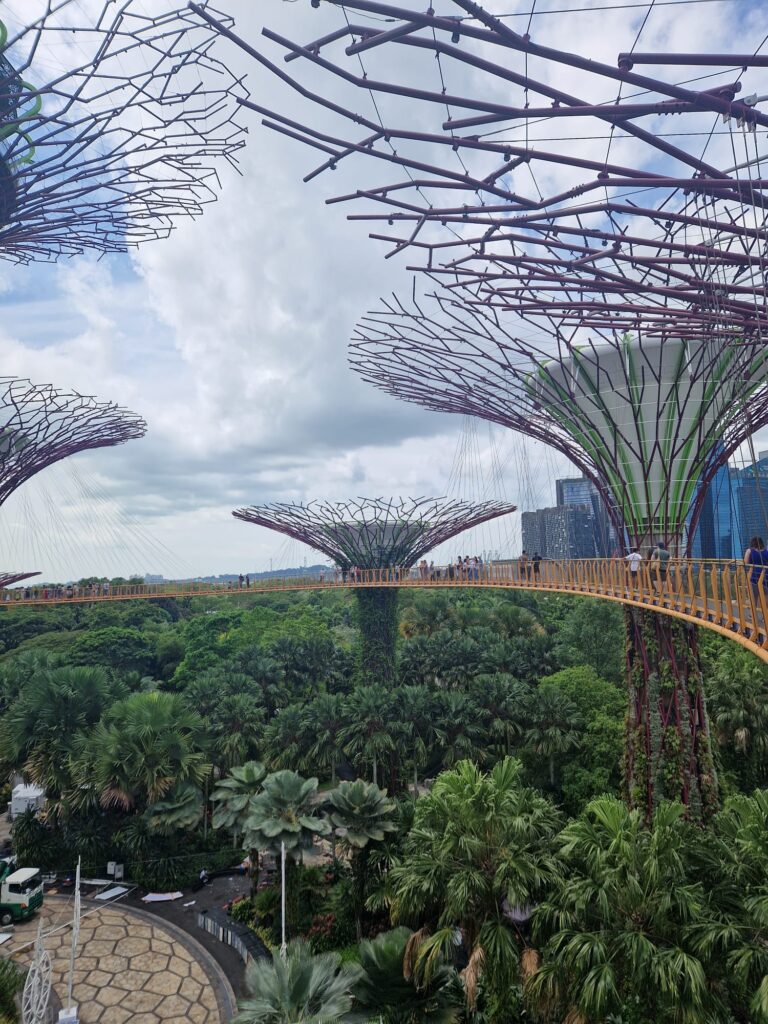
Arriving in Singapore a few days before the conference was absolutely worth it. I had the chance to visit some beautiful places and indulge in Singapore’s delicious cuisine.
Finally, I would like to extend my heartfelt thanks to ETH Zurich, especially Anders Hagström and Romana Mayer from the ETH Zürich Office of International Affairs, for the nomination and support that made this incredible journey possible.
